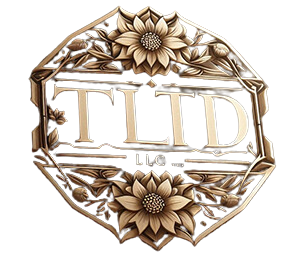Tax Lien Certificates
Did you know your home could be sold at auction to pay unpaid property taxes? It sounds scary, but it also creates an opportunity for investors. Today, we’ll explore Tax Lien Certificates, a way to potentially earn high returns from delinquent property taxes.
- What are Property Taxes? Property taxes are annual fees you pay to your local government to maintain essential services like schools and roads.
- What are Tax Liens? If property taxes go unpaid, the government can place a lien on the property. This essentially means the government has a legal claim on the property until the taxes are paid.
Disclaimer:
Investing in tax lien certificates, tax deeds and redeemable deeds involves inherent risks and complexities. The information provided here is for informational purposes only and should not be considered financial or legal advice.
We strongly recommend seeking professional guidance from:
• Tax advisor: They can advise on tax implications of buying tax liens, tax deeds and redeemable deeds.
• Real estate attorney: They can navigate the legal processes involved in acquiring and potentially foreclosing on properties.
• Title company: They can research and verify the property title and any potential claims.


